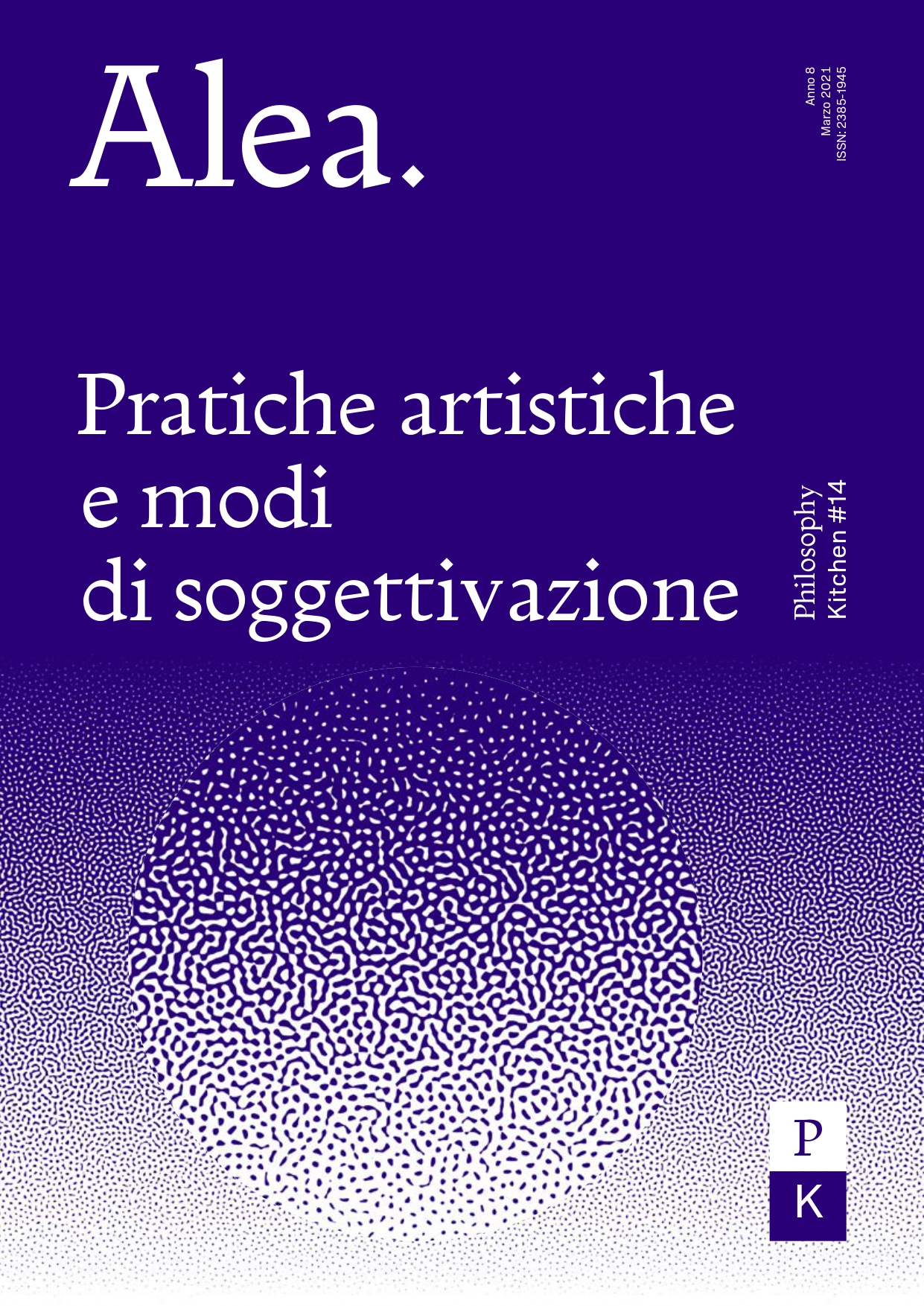Face au hasard : ouvraisons poetiques au XXe siecle
DOI:
https://doi.org/10.13135/2385-1945/5880Abstract
This paper aims to show that the problem of chance is to consider as the center of the tensions of the 20th century modern poetry, as it questions humans creation in an period of philosophical suspicion and of technical capacities to act on reality. Its reflexive language constitutes a form of awareness, of relay, and of rejection of the censorship that modern man has invented in order to control his destiny by his representations of the world ; the experience of this reflexivity that modern poetry has brought to an unprecedented degree of intensity can be seen as an incessant reassessment of the constructive scope of chance and of its specular function. In the context of the fetishisation of man’s unlimited power, more influenced by technological advances than by Nietzsche’s “death of God”, the experience of chance – expressed both in the writings freed from all hindrances and in the aesthetics under constraint – obliged one to take into account the paradoxes of emancipation, as it assigned to the material resistance of the elements of language, considered as a form of otherness in the discursive project, the role of a superego that was precious for individual freedom as well as for the freedom of the public thought.





